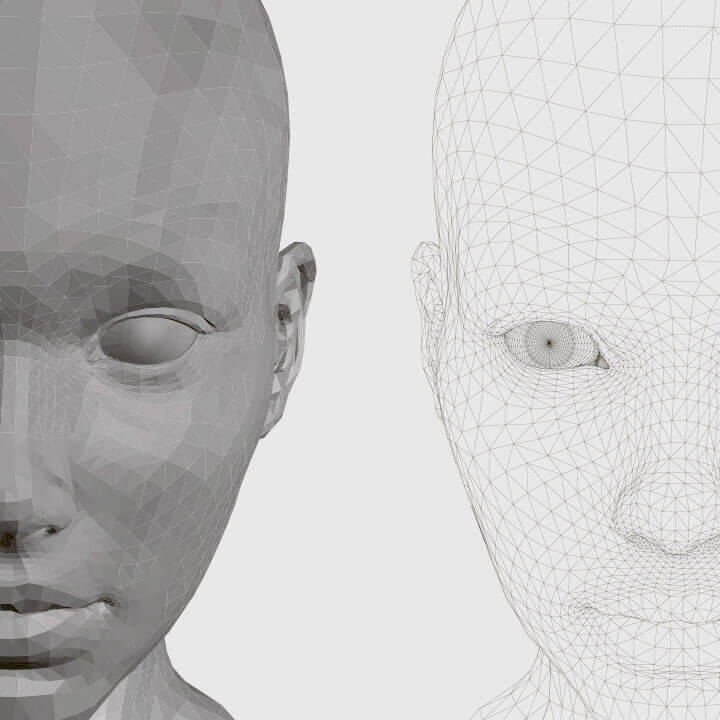Cyberphysical Systems
Acad. Year 2022/2023Full-Time Study2 Years Title Awarded Ing.
The Cyberphysical Systems specialization is, in spite of its multidisciplinary overlap, mainly a computer specialization, not a cybernetic specialization, as its name might suggest. The specialization itself focuses on the computer science aspects of cybernetic-physical systems, the context of tight system integration of computer control and monitoring algorithms with the Internet and its users, computing models and systems, including embedded computing systems themselves. Cyber-physical systems that connect computer software with physical components are becoming an increasingly common part of our daily lives. Automotive, medical and aerospace applications represent only a small part of the ongoing interaction between automated and intelligent machines and people. The specialization will present not only the design space of the Cyber-Physical Systems, but also compromises resulting from the necessary requirements for their safety and reliability. Specialization is guaranteed and the key CPS course taught by doc. Peter Chudý, principal investigator of a number of research and industrial projects in the aviation and automotive industries.
1st Year
The common basis of the programme
The common core of the program consists of courses that will give you the knowledge important for all IT engineers:
- Computation Systems Architectures will teach you how to think about how your code will run on modern computing platforms, how to think about programming in a way that makes the most efficient use of resources, i.e., that your application makes the best use of the power of modern platforms, makes efficient use of system memory resources, and is also efficient in terms of energy consumed.
- Functional and Logic Programming will teach you that although classical imperative programming is a very widely used paradigm and is very close to machine-level implementation, there are other approaches that will give you a new perspective on some key problems and help you get novel and often more efficient solutions to them.
- Modern Trends in Informatics (in English) you need to know to see where the field is going and what to expect in practice in a few years.
- Parallel and Distributed Algorithms is a course that will show you the patterns, limits, and pitfalls of parallel and distributed algorithmic solutions and the associated synchronization mechanisms, without which you will hardly succeed in solving many of the more complex problems.
- Statistics and probability is the right hand of every engineer to process numerical results of experiments or data obtained while running your application, analyze them and learn from them to make further decisions is almost his daily bread.
- Theoretical Computer Science shows the limits of computer science capabilities through formal languages and mathematical models of computation. This is the only way to understand whether your problem is even solvable and, if so, with what resources and means to prove it.
- Data Storage and Preparation, especially big data, and extracting knowledge from it is a valuable art to any computer scientist. It is a key aspect that strongly influences the effectiveness of many solutions and applications.
- Artificial Intelligence and Machine Learning is a course where you will learn how to teach computers to understand our world and make them solve problems that are easy for humans but difficult for an algorithmic machine to handle.
They will pass on all their knowledge and hold you in difficult moments
What are we talking about?
-
On Thursday, September 18, the Ceremonial Academic Assembly of BUT was held in the Rector's Hall – one day before the 126th anniversary of the founding of our university. The meeting was attended by members of the academic community, university staff, representatives of university organizations, and invited guests. …
-
The Czech Republic is a global powerhouse in AI research. The international workshop JSALT 2025 at FIT VUT proves it
Brno, June 17, 2025) From June 23 to August 1, the Faculty of Information Technology at the Brno University of Technology (FIT BUT) will host the 32nd edition of the prestigious international workshop JSALT 2025. …
Come to FIT!
Other Master
Specializations
-
Application Development
-
Bioinformatics and Biocomputing
-
Computer Graphics and Interaction
-
Computer Networks
-
Computer Vision
-
Cyberphysical Systems
-
Cybersecurity
-
Embedded Systems
-
High Performance Computing
-
Information Systems and Databases
-
Intelligent Devices
-
Intelligent Systems
-
Machine Learning
-
Mathematical Methods
-
Software Engineering
-
Software Verification and Testing
-
Sound, Speech and Natural Language Processing
